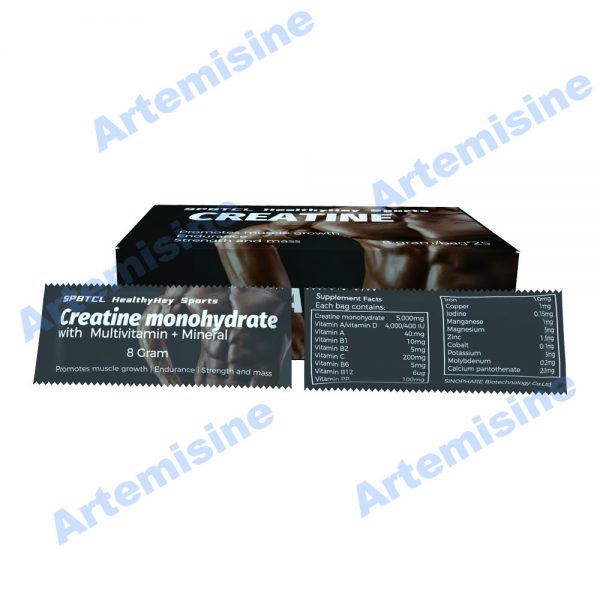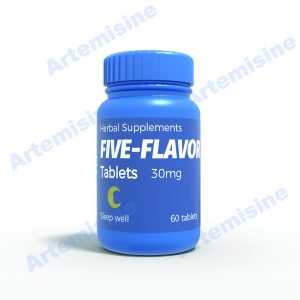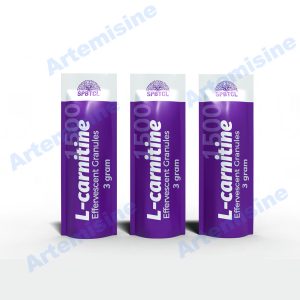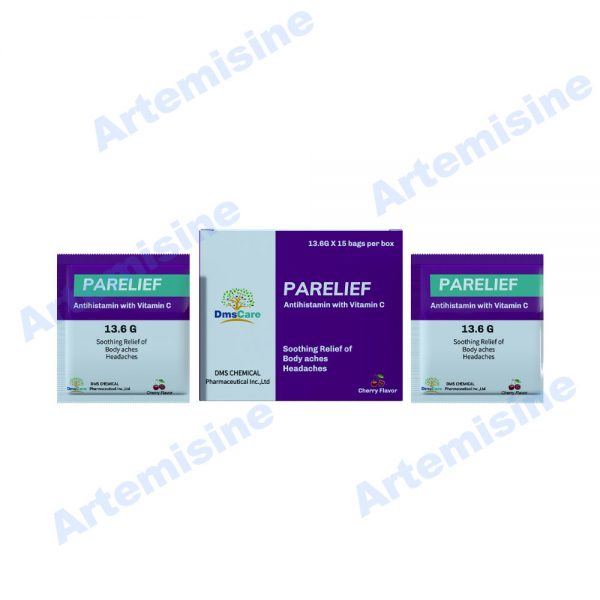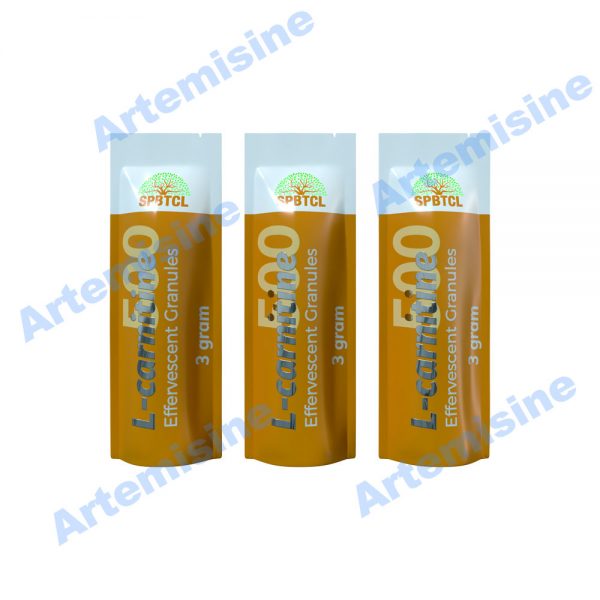Oral granules are a pharmaceutical dosage form designed for convenient and effective drug delivery through the oral route. This versatile formulation consists of granulated particles containing active pharmaceutical ingredients (APIs) along with various excipients. Oral granules offer several advantages, making them a preferred choice in pharmaceutical formulations.
**Composition and Formulation:**
The composition of oral granules includes the active drug, which can be in the form of powder or crystalline particles, and excipients such as binders, disintegrants, sweeteners, and flavoring agents. The formulation process involves carefully blending these components and granulating the mixture to create uniform particles.
**Ease of Administration:**
One of the primary advantages of oral granules is their ease of administration. The granules can be easily sprinkled onto food, mixed with liquids, or administered directly into the mouth, making them suitable for patients of all ages, especially pediatric and geriatric populations. This flexibility enhances patient compliance and ensures accurate dosing.
**Pediatric Formulations:**
Oral granules are particularly well-suited for pediatric formulations. Children may have difficulty swallowing tablets or capsules, and the palatable nature of granules, often flavored to mask the taste of the medication, makes them more acceptable to young patients. Granules also allow for flexible dosing based on a child’s age and weight.
**Taste-Masking and Palatability:**
Granules provide an effective means of taste-masking bitter or unpleasant-tasting drugs. The addition of sweeteners and flavoring agents helps improve palatability, addressing one of the challenges commonly encountered in pediatric and geriatric medicine.
**Modified Release Formulations:**
Oral granules can be formulated to achieve modified release profiles. By incorporating coatings or utilizing specific granulation techniques, sustained-release or enteric-coated granules can be developed. This allows for controlled drug release, optimizing therapeutic efficacy.
**Customization and Flexibility:**
The formulation of oral granules offers customization and flexibility in terms of drug concentration and particle size. This adaptability allows pharmaceutical companies to tailor formulations to specific patient needs and therapeutic requirements.
**Pharmaceutical Challenges:**
Formulating oral granules involves addressing challenges related to achieving the desired particle size distribution, flow properties, and compressibility. Pharmaceutical scientists work to optimize these characteristics to ensure the manufacturability and performance of oral granule formulations.
In conclusion, oral granules represent a patient-centric and adaptable dosage form that addresses challenges associated with drug administration, especially in vulnerable populations. Ongoing advancements in formulation technologies continue to refine oral granule formulations, contributing to improved patient adherence and therapeutic outcomes across various medical conditions.
